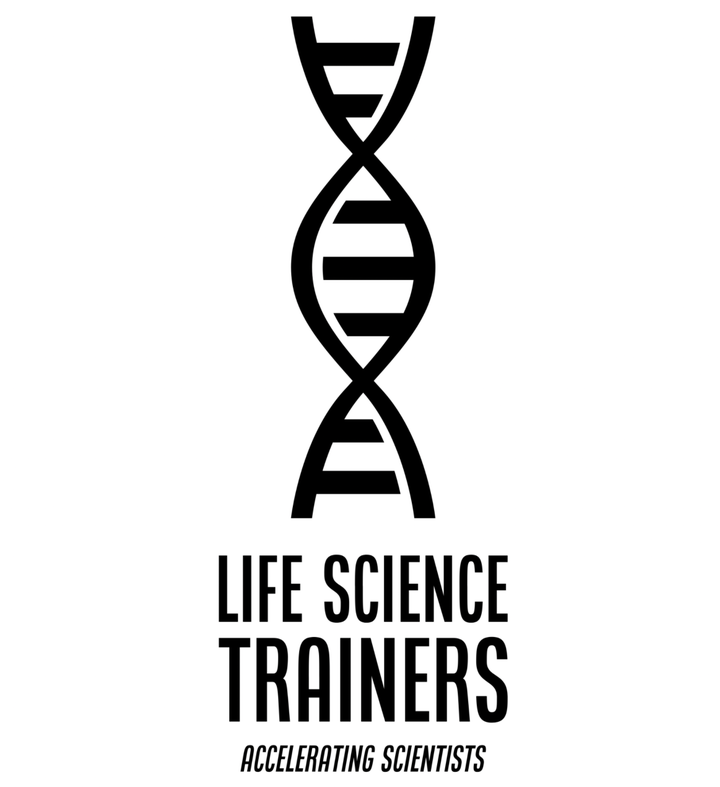
Abstract
The R community is well-known for being inclusive, and the success of communities such as R-Ladies, LatinR, ArabR, AfricaR, miR, and useR! are inspiring. In this talk, I will reflect on my experiences playing a role in building such communities.
I will first begin with lessons learned from i) R-Ladies East Lansing, the first Michigan chapter of R-Ladies Global, and ii) Women+ Data Science (W+DS), a joint endeavor between Michigan State University (MSU) and the University of Michigan — two organizations founded with the goal of providing a safe space for women and gender minorities to learn and discuss coding and data science. All our events are open to and well-attended by everyone while each event is led by women and gender minorities. Through these organizations, we have hosted global events (seminars, panel discussions, workshops) during the pandemic with speakers and attendees from the North and South Americas, Europe, Asia, and Africa. Thus far, we have conducted 30+ regular events that include co-coding/help sessions, panel discussions, and day-long symposia. These two grassroots organizations have seen rapid growth and have become integral parts of the broader Michigan community (with global attendees since Apr 2020), collectively training, connecting, and inspiring 1,000+ members.
Building these communities has taken deliberate effort in developing policies and values that help sustain an inclusive environment event after event. Next, since these organizations are run not-for-profit without any systematic institutional financial support, we have secured multiple sources of institutional funding for each event to keep them free learning communities. Our events happen on a schedule chosen by the community as a whole for being most career- and family-friendly, and when in-person, we embrace babies-in-arm, children, and pets. Due to this deliberate design, every R-Ladies and W+DS meeting is an extraordinarily representative cross-section of the surrounding community, with attendees from all levels of their careers.
Recently, through an incubator at the useR! 2021 conference, I co-founded the AsiaR initiative to promote DEI in R communities in countries across Asia (India, Japan, Nepal, S. Korea, Singapore, and Pakistan) within the context of the challenges and constraints posed by their cultures and economies. Our goal is to build a diverse and vibrant R community within Asia. We wish to connect Asian useRs to each other, identify Asian R speakers/participants, and facilitate regular webinars, workshops. We want to address the lower participation of Asians, especially Asian underrepresented minorities in local meetups and international conferences like useR and rstudio::conf, discuss and learn about best practices for nucleating and sustaining an engaged community. We also would like to understand how people from various backgrounds and organizations engage with the community for assistance. Here, I would like to reflect on my experience to identify key tenets that will help us build inclusive communities. I will also briefly discuss our lessons learnt (by the useR program committee) based on our recently submitted article titled ‘Ten simple rules to host an inclusive conference.’